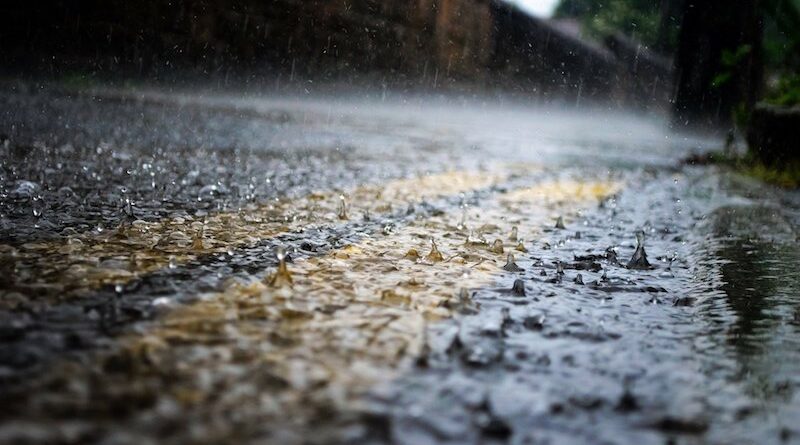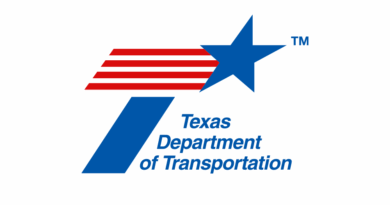New York and Boston Have Archaic Sewer Systems That Back up When It Rains. Fixing Them Could Cost Billions
Boston and New York City experienced severe flooding in 2023 due to inadequate combined sewer systems, which mix stormwater and sewage, exacerbated by climate change. Boston is separating its sewer system to prevent such issues, while New York is focusing on new rain management infrastructure.
According to Fast Company, at the end of July 2023, 3.07 inches of rain fell on Boston in a single day. The city’s sewer systems were overwhelmed, resulting in a discharge of sewage into Boston Harbor that prompted a public health warning. The summer of 2023 would turn out to be Boston’s second-rainiest on record.
About two months later, 8.65 inches of rain fell on New York City—higher than any September day since Hurricane Donna in 1960. The city’s low-lying areas were deluged, and half of its subway lines were suspended as water inundated underground stations.
East Coast cities are increasingly susceptible to flooding due to climate change. But changing weather patterns are only half of the problem—the other is inadequate infrastructure. In particular, these recent flood events were made worse by Boston and New York’s combined sewer systems, which carry both stormwater and sewage in the same pipes. When such a system reaches capacity during heavy rainfall or storm surge events, it backs up, sending a mixture of stormwater and raw sewage into waterways (and sometimes also into streets and homes).
Many other cities around the country also have combined sewer systems, but as two of the oldest, densest major cities in America, Boston and New York face an uphill battle when it comes to climate-proofing their sewer systems. And the cities have chosen two very different paths: Boston has elected to separate the combined portion of its sewer system so that sewage no longer mixes with stormwater during flooding events, while New York is betting on new, detached rain management infrastructure to relieve the burden on its combined sewers when it rains.



